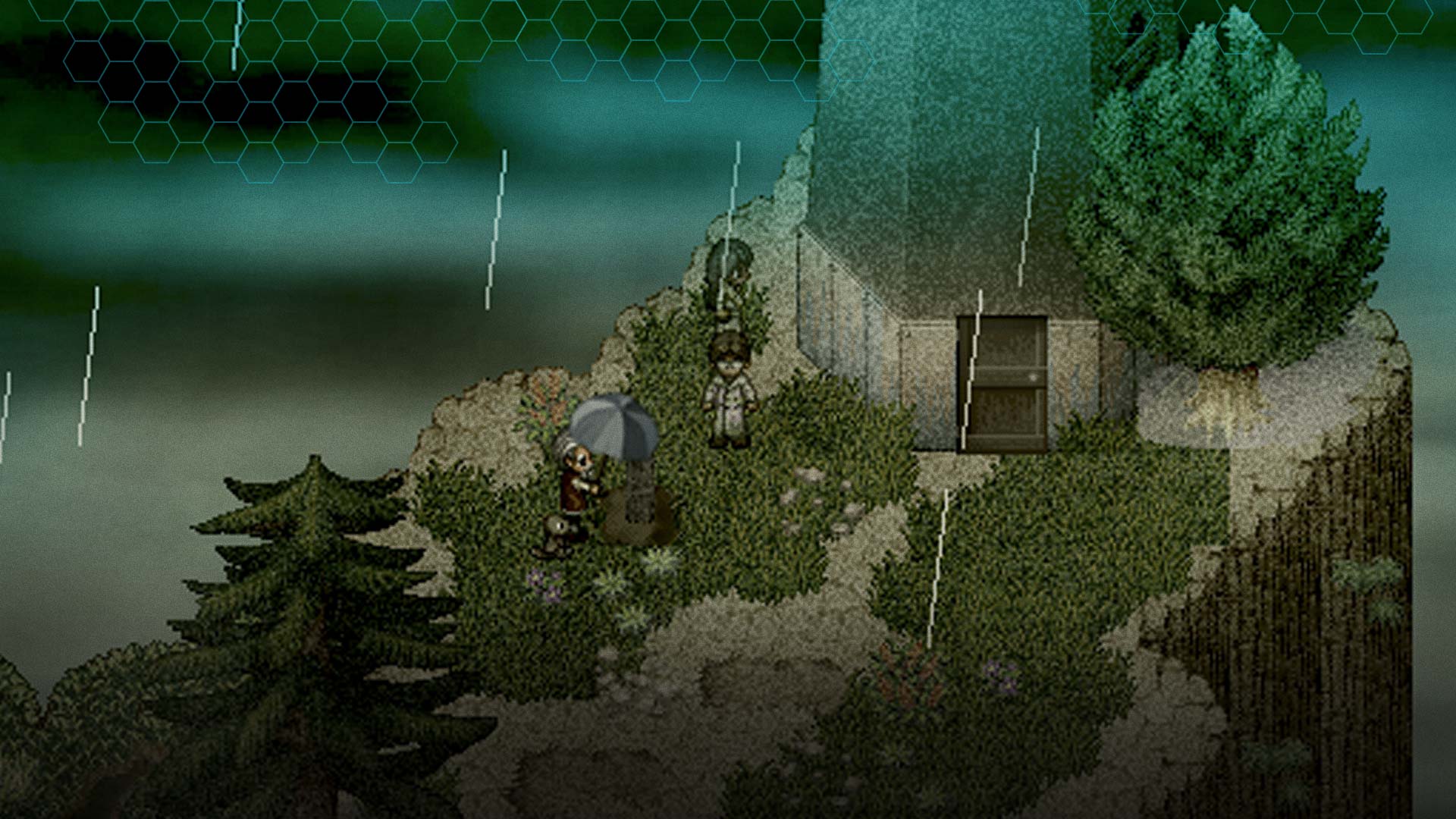David Cage really likes emotions. When asked what the future of gaming is, he simply replies, “Emotion.” Obviously as developers mature and grow as humans, they want to attempt to make more emotionally involving stories for the player to experience. But Mr. Cage has a unique opinion on how to get the player emotionally involved. However, despite over seventeen years in the gaming industry, I begin to wonder how much about games Mr. Cage truly understands. To illustrate my point, watch this short video and see if you can spot some statements that strike you as odd.
If you noticed, Mr. Cage kept drawing attention to technology and the future of the technology on the PS4. There is nothing wrong with being excited for new technology, but Mr. Cage ruined his image for me when he uttered this sentence: “In a medium like ours, technology is very important. It is what we rely on to get the player emotionally involved.”
…………………………………
I sincerely apologize for what I am about to do, but I am left with no other option.

NO! NO! NO! NO! NO! A thousand times no! AHHHHHHHH!
Ok. Compose yourself, deep breaths, it will all be ok. Phew.
So what is wrong with what Mr. Cage said? Obviously technology is a key part nowadays with creating emotional experiences, but developers do NOT rely on the technology to get the player involved. Mr. Cage even mentions some of the ways developers convey emotion: gameplay, dialogue, and cinematography to name three. It comes down to more than technology. For instance, consider The Last of Us. I have my issues with the game, but I still found myself emotionally involved with Joel and Ellie’s struggle. Was it the fantastic motion capture work? No. The motion capture helped, but without the strength of terrific writing and pacing, all of that gorgeous motion capture would have been wasted. This is something I think Mr. Cage discovered after reading reviews for his team’s newest release: Beyond: Two Souls. Despite Beyond having arguably some of the best motion capture in gaming, many people criticized the game for some not so stellar writing, among other critiques. In the end, all those stunning graphics and impressive technology can not help a game with sub par writing.
There are several games I could use as a rebuttal to Mr Cage’s assertions, but I want to focus on two particular titles. Why these two? Well both of these two titles made me cry and continue to resonate with me long after I have completed them. The games in question are To The Moon from Freebird Games and The Walking Dead from Telltale Games.
To The Moon looks like this:

The Walking Dead looks like this:

Obviously The Walking Dead has the graphical edge and is the more realistic of the pair, but the game still manages to look like a living comic book as opposed to reality. And despite Mr. Cage’s assertions, these games had me in tears despite lacking the graphical punch of Beyond. Why? Simple, the developers relied on their writing and strong characters to get players emotionally involved instead of graphical fidelity. The writing in these games is some of the best I have experienced in my gaming experience to date. As a result of the stellar writing, these characters came alive, and I was able to relate and identify with each character in some way.
The Walking Dead has some great characters, but the character who stole the show was Clementine. Clementine is an eight year old girl when you first encounter her and gets older as you progress through the story. Despite being young and vulnerable, Clementine shows remarkable strength in dealing with the events occurring around her. Playing as Lee, the player has a direct link in shaping Clementine’s worldview and her perception of the world. Being a child, she has an optimistic outlook the player can reinforce or absolutely pulverize. There are several instances throughout the game where the player is forced to make difficult decisions that have severe consequences. After making your decision, a prompt would appear in the top of the screen simply stating, “Clementine will remember that.”

This simple text is a powerful reminder of how your actions are being watched and shaping a young girl as she develops. And do not even get me started on the ending.

The game does not have the graphical fidelity of others on the market, but the developers used writing and characters in tandem with a gripping atmosphere to create an emotionally investing experience. Onto the next example.
The plot of To The Moon revolves around two scientists who help dying people achieve a task they could not accomplish in their lifetime. The game follows the scientists as they help one man in particular, Johnny. Johnny’s dying wish is to go to the moon. To help Johnny achieve his wish, the scientists go into Johnny’s memories to help uncover the motivation behind Johnny’s wish. The delving into Johnny’s subconscious is where the emotional heart of the game lies.

I recently wrote about a particularly emotional moment in the game, but the journey into Johnny’s mind is full of little moments that add up working towards the big reveal that explains Johnny’s motivations. This reveal made me stop playing for a few minutes to recover. All the little moments scattered throughout do not seem to make much sense on their own, but then the game drops the big reveal on you and everything clicks into place. This layered plot with gradual and miniature revelations worked in the game’s favor as you constantly uncover some new facet to Johnny once unknown.
In fact, I rather liked the way the game presents the character of Johnny. By examining Johnny from his own memories, you see the character develop in a unique way. There were quite a few times where I thought Johnny was an egotistical j***, but then you go further back into his memories and uncover his motivations for his future actions. This results in backward progression of sorts, unlike watching Clementine develop as a child and growing older and stronger, we see the old man as he is and slowly go back to his childhood and discover the events that shaped the vulnerable boy into the man who lays before the player on his deathbed. This results in a game that does not rely on tricks to get the player emotionally involved, but rather genuinely makes the player care about the characters involved, especially Johnny.

Obviously there are many games that have evoked strong emotional responses in their players. Braid, Limbo, Bastion, Shadow of the Colossus, Final Fantasy VII are just a few of the many titles that have emotionally resonated with their players. None of these games have relied on technology, but instead rely on other facets of creating an emotional experience. Whether it be the writing, atmosphere, art direction, cutscenes, or some other method, a game relies on more than technology to create an emotionally moving experience. I hope Mr. Cage remembers that the next time he makes another interactive movie, er, “game” touting the technology behind the scenes.


 …WOOLY DESERVES BETTER LOL!
…WOOLY DESERVES BETTER LOL!